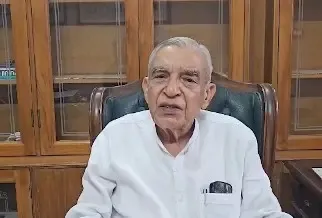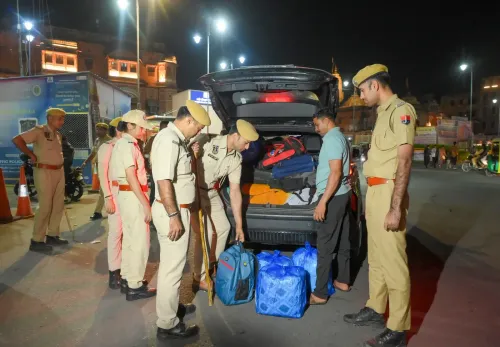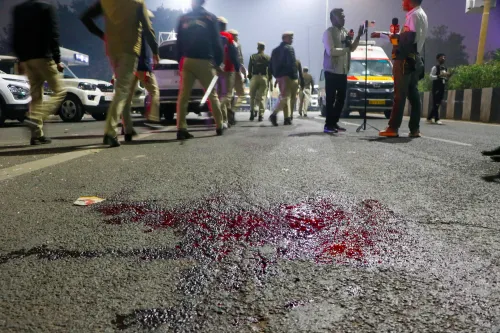Why Do People in Pakistan Yearn for Good Relations with India? Pawan Bansal Explains

Synopsis
Key Takeaways
- Desire for Peace: The general public in Pakistan desires good relations with India.
- Government Stance: The Pakistani establishment's anti-India rhetoric poses challenges for normalization.
- Impact of Terrorism: Pakistan’s promotion of terrorism affects bilateral relations.
- US Visa Policy: Increased H-1B fees may harm America’s economy by deterring skilled immigrants.
- Importance of Dialogue: Open discussions are vital for future peace between India and Pakistan.
Chandigarh, Sep 21 (NationPress) Despite the strained and tense relations between India and Pakistan following the April 22 Pahalgam terror attacks, Congress leader Pawan Bansal attributes this predicament to Pakistan’s anti-India mindset, which he sees as the primary barrier to normalizing ties.
Bansal noted that contrary to the views of the Pakistani establishment, the general populace there desires harmonious relations with India, a sentiment he observed during his past visits to the neighboring country.
“I have visited Pakistan, and I can affirm that discussions have occurred; people on both sides yearn for peace. However, the Pakistani government appears unprepared for this. Their stance is largely influenced by anti-India sentiments. Consequently, true relations may never be fully realized,” stated the Congress leader.
Pawan Bansal’s comments regarding the Pakistani citizens’ desire for peace come amid a heated controversy surrounding Indian Overseas Congress (IOC) chief Sam Pitroda, who controversially likened the populations of India, Pakistan, and Bangladesh, mentioning that he felt at home during his visits there.
Bansal elaborated to IANS that India has always aimed for positive and productive relations with its neighbors. Still, Pakistan has consistently disrespected India's sentiments.
“Pakistan has persistently fostered terrorism and unrest in our nation by sending terrorists and inciting violence in India. As long as this continues, meaningful relations cannot thrive. The Pakistani establishment’s primary agenda seems to be to disseminate anti-India rhetoric, which also appears to be the foundation of their existence,” he underscored.
The former Union Minister also strongly criticized the United States’ revised H-1B visa fees, asserting that this decision will have adverse effects on America itself.
“Previously, America encouraged young individuals to contribute to their economy, but now they are doing the opposite. Following Trump’s decision, fewer individuals will migrate there. America lacks many skilled professionals, which is likely to be detrimental to them. Increasing the fees will hinder young aspirants. This decision will impact America the most, as over 70 percent of H-1B visas are issued to individuals from India,” he remarked.









